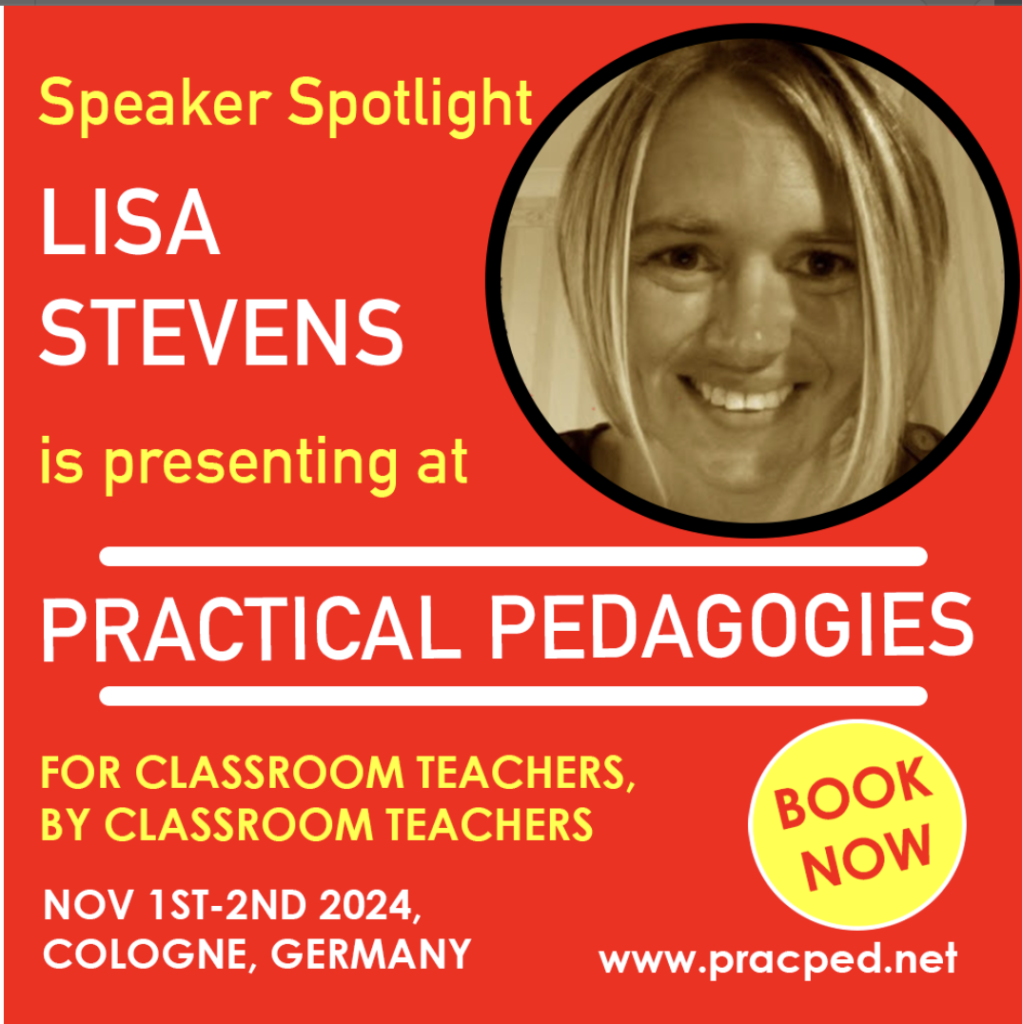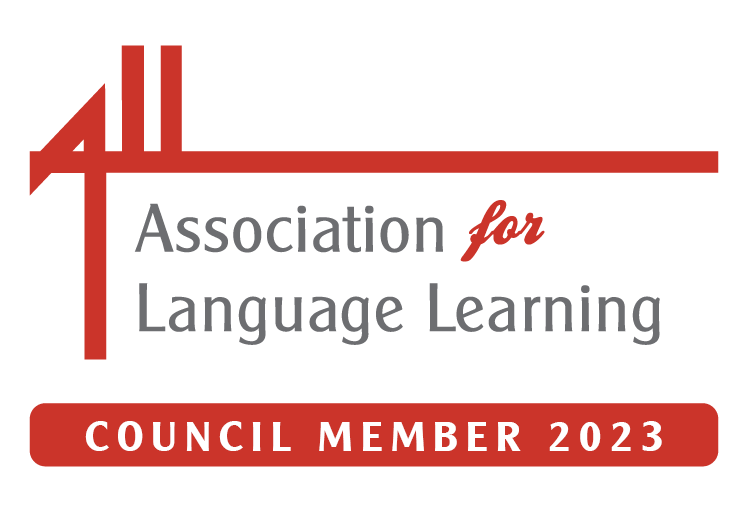Great way to start the school year – an inspiring INSET day with not a dress code, health and safety lecture or mission statement in sight.
Alan Peat, addressing the subject Raising writing standards and motitvating reluctant writers was EXCELLENT! He engaged the room all day long; noone was muttering, noone was fidgetting and at the end of the day there was unanimity about the value of the day (rare indeed as every group has at least one or two cynics)
I tweeted all day – here are (most of) my tweets. Unfortunately they start at the end and work back through the day! But I think you can tell my thoughts on the day by the final tweet – which appears first!






 And here are my notes – do they make sense? Possibly! I’ll attempt to expand!
And here are my notes – do they make sense? Possibly! I’ll attempt to expand!
Alan Peat www.alanpeat.com
A blank sheet is scary
Games based approaches are not a waste of time – they are vital.
Bite sized chunks are best and *DBW and decontextualised drilling should be avoided at all costs (* death by worksheet)
Brainbreaks or brain warm ups are anything that has nothing to do with the task – NOT braingym which is a big fib.
Games based approaches
Staircase
Build a chain as a staircase
Lateral thinking – bans the obvious
Across word
Sets of letters – first and last
1 pt for adding one letter; 2pt for 2 etc
*the anecdotal sticks in the mind* makes the less engaging more palatable
Glidogram
1st letter, 2nd letter, 3rd letter, 2nd letter, 1st letter
Aardvark
pArrot
snAke
jAguar
Antelope
rally
Like a staircase but harder! Last 2 letters of the word – you need to think ahead so you don’t break the chain
I found the OULIPO concept by Raymond Queneau fascinating. The idea that constraints are needed for creativity seems very contrary but when you think about it, some constraint actually makes you think! Some examples follow –
lipogram – ban a letter of the alphabet
eg ban the a in
Humpty Dumpty sat on a wall …. All the King’s horses and all the King’s men
and it beomes ..
Humpty Dumpty perched on the brick construction … Every one of the King’s horses plus every one of the King’s men.
A book that demonstrates / celebrates? this is “Ella minnow pea” by Mark Dunn
Hendecasyllabic
11 syllable sentences
I like sausages becomes I really like juicy, sizzling sausages. Great for recognising syllables as well as being creative with language. And an activity that could easily be used in language teaching – in Spanish, syllables are different!
Rashomon effect
examples include Akutagawa – At the grove ; Anthony Browne – Voices in the park; Hoodwinked
Same story from different perspectives
Beyond acrostics
Where do you go from basic acrostic?
Hidden acrostic– word as 2nd letter
Telestich– word as last letter
Tele-acro – word as start and finish of sentence
(I tried these out on my son when he was bored the other day – he loved the challenge!)
Genre modification
See below.
I loved this idea as it is very supportive, is a useful ‘working wall’ with context, and also because it provides assessment at start and finish without fuss!
Wordless storybooks
I loved this too as one of my favourite actvities as a kid was making up stories about what’s happening in a picture – in fact, i loved the bit of my Spanish exam. where I had to do that!
Monosyllabic – rewrite texts in monosyllables – it’s very tricky. We tried with Little Red Riding Hood. Again, constraint lead to creative thinking as we thought of ways to avoid syllables!
Yoked sentences – last word of first sentence starts second sentence then last of second the third etc A good tool for persuasive writing.
One word at a time storytelling
Like storytelling ping pong! Yout hink you know where the story is going then your partner throws in an unexpected word and you need to rethink! Makes you listen! http://www.alanpeat.com/resources/listening.html
Plot skeleton – using one skeleton ie the bare bones of the story, and adapt for another genre – genius!
If you Google Citation of a phrase / word, it gives usage and when first used v useful!
7 key pedagogical approaches which underpin effective teaching of non-fiction writing
1.linked to real experience GGM – growing going and making
2.fictionalise it
3.link to books being read in class
4.link to pupils’ interests – know your pupils
5. Use talk/oracy as start
6.maximise cross-curricular links
7.ensure breadth of real purposes and audiences
A quotation I loved from the day was
“to be creative you need a body of knowledge to accept modify and reject”
I (sadly) got over excited with the quotation and didn’t note down who said it :o(
And also sadly, at this point I became so engrossed in the course that I stopped taking notes digitally and started scribbling!
However, one thing I’ll share is that the nailing down of level appropriate prompts for genre types was a very valuable activity – a good point that learners shouldn’t have to relearn the structure of genres according to their teacher’s way of putting it – why not have a common lexis?
Another thing I thought was great – and would again be easily used for language learning, is the sentence structuring activity Alan described for use with those who aren’t yet reading.
 You pick a card from each envelope to ‘write’ phrases – and then sentences.
You pick a card from each envelope to ‘write’ phrases – and then sentences.
And another activity I loved was based on The Ultimate Alphabet by Mike Wilks.
Look at the image below. It is the B page. How many things beginning with B can you find? My partner and I got 70 in our 3 minutes.
And finally – it wouldn’t be at all like me if I didn’t mention technology of some kind – and Alan was on my page. He mentioned Twitter – and made me blush by mentioning that i followed him and had loads of followers! And Wordle – www.wordle.com – so excited when staff around me said ‘Oh, you showed us that Lisa!’ – hurrah, I’m not a freak now! E-pals – www.epals.com was another recommendation – look for classes around the world studying the same things as you and share your learning. Alan also advocated using Skype – tick! And then a new one on me – Padworx. Checking that out now!
To summarise my thoughts – I thoroughly enjoyed the day because it challenged, encouraged, inspired and confirmed. Alan obviously believes passionately in learning being an enjoyable activity and that that is the best way of getting the best out of learners. I admire the fact he is inspired by and champions ‘normal’ teachers who are in the classroom, and that he is obviously an practical educator at heart rather than a theorist. I loved the fact that so many of the ideas were so easily transferred to learning languages. And he loves his iPad too so must be a good bloke ;o)
Find out more at www.alanpeat.com or follow @alanpeat on Twitter.


















